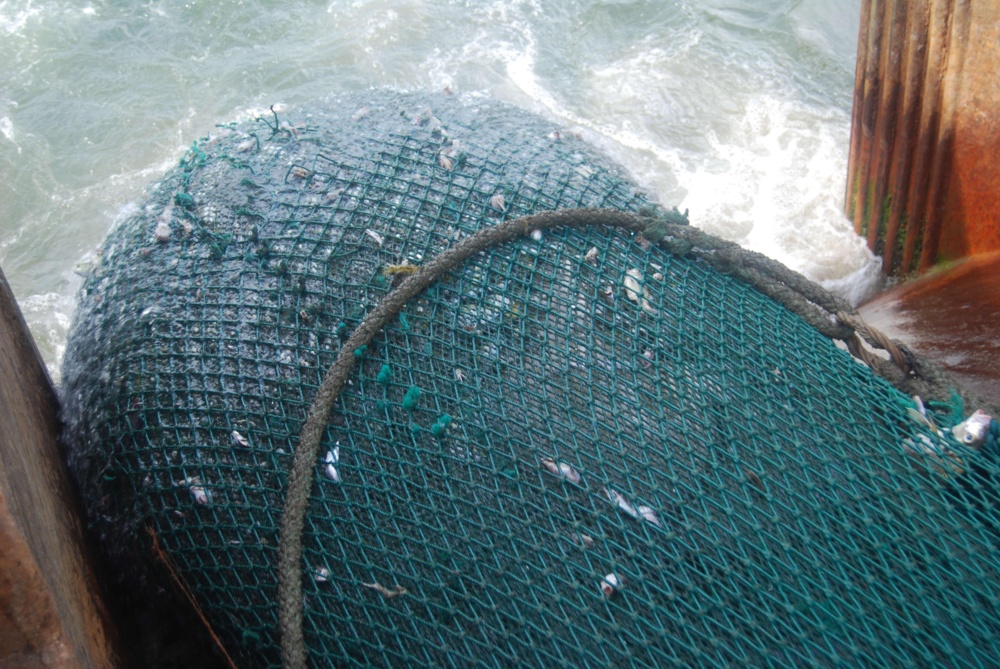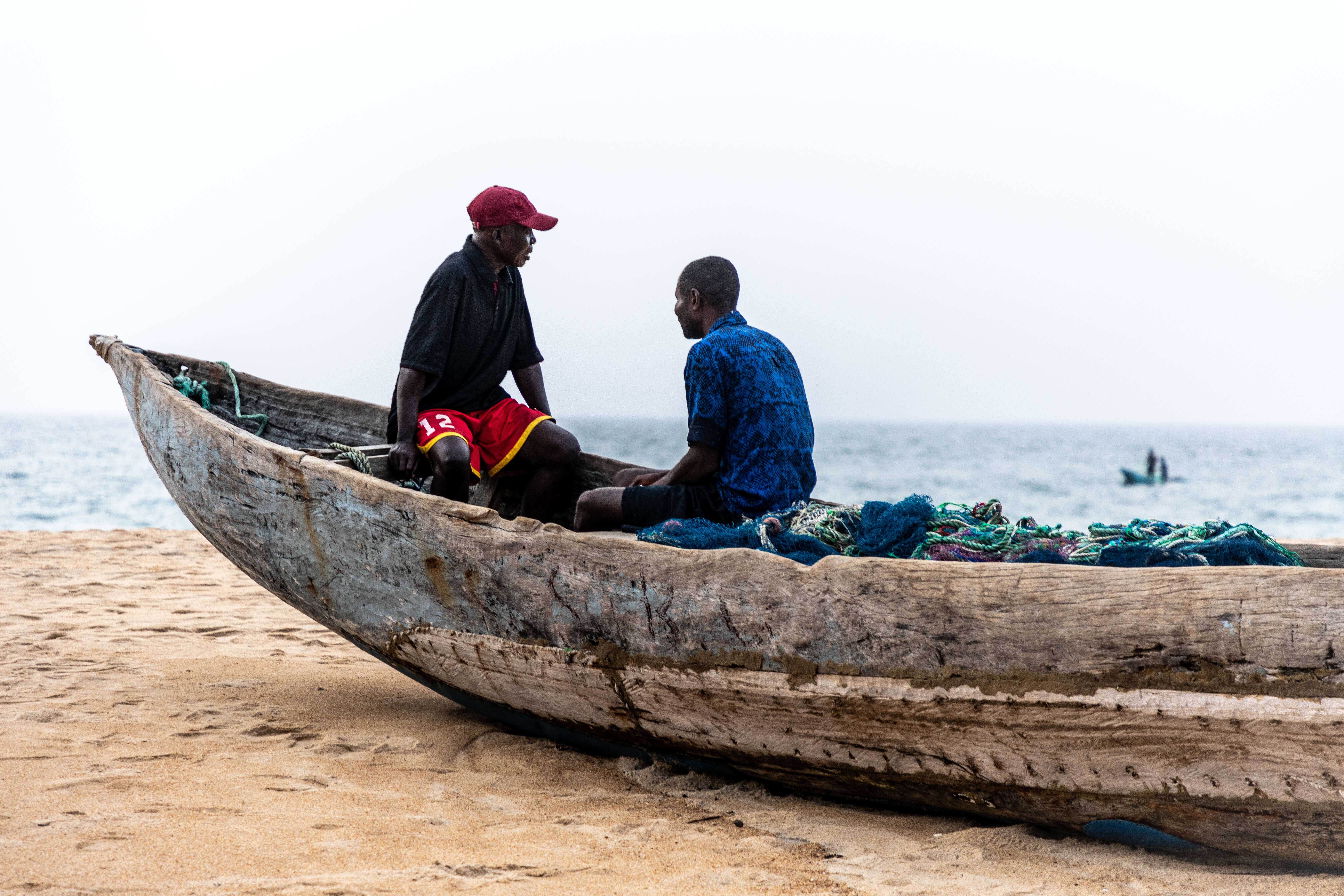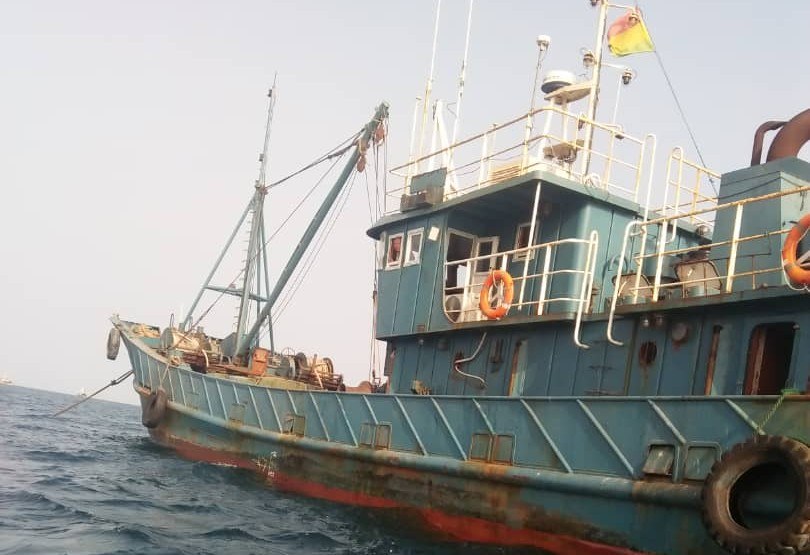
Chinese trawlers granted fishing rights in Madagascar have history of illegal fishing and forged documents
A fleet of Chinese vessels which was previously caught fishing illegally in West Africa has been approved for trawling by the Malagasy authorities. Under Malagasy regulations, no vessel with a history of illegal fishing should be allowed to fish in the country’s waters unless there is proof of a change in ownership. However, vessel documents used by the ships, which were obtained by the EJF team, appear to be forged, raising major issues regarding the ownership of the trawlers. We urge the government to safeguard local livelihoods and food security by rescinding the fishing rights before the trawl season begins in March.
Madagascar’s industrial shrimp trawling season is expected to begin March 1, with exports geared toward markets in Europe, North America and China. The fleet in question, made up of eight vessels, is understood to have entered Madagascar under fishing rights issued to Mada Fishery, a company linked to Chinese ownership that registered in Madagascar just last year.
In 2020, authorities in the Gambia arrested three of the fleet — Gorde 105, Gorde 106, and Gorde 107 — for fishing illegally in waters reserved for small-scale fishers. Two of the three were also ‘double-bagging’ their nets, in violation of Gambian fisheries regulations.
The vessels’ journey to Madagascar, which was facilitated in part by the Chinese navy, was punctuated by a stop in the Seychelles in May 2021, when they anchored without permission and were brought in for inspection. At the time, the captains produced documents to claim that they had legitimate business in the region; however, we have now found that the documents were forged, raising questions about the vessels’ true identity.
We found that the identification numbers were invalid for each of the four Gorde boats (105-108) in the Chinese vessel registration certificates. The numbers in fact correspond to a separate fleet of ships. The Gorde vessel documents, which state they were issued by the Chinese government in 2019, list a company called Shandong Roncheng Dafa Fisheries Co Ltd as the owner. However, no such company is listed in Chinese records, we have found.
Likewise, the Unified Social Credit Identifier — a unique number assigned to each corporation in China — does not correspond to any existing companies. Similarly, the vessel codes, a 16-digit identifier number used by the Chinese government for fishing vessels, appear to be incorrect. Furthermore, the documents state that the Gorde ships are licensed by the Chinese government to fish in its territorial waters, not abroad, and a separate set of ship documents issued by China, known as International Tonnage Certificates, are unsigned by the relevant authorities.
When intercepted in the Seychelles, the Gorde ships also displayed the same Call Sign as one another on their hulls and in their documents, further obfuscating their identity.
The Madagascar fisheries code states that the fisheries ministry “must refuse” to grant a licence to any foreign vessel that “has in the past participated in illegal, unregulated or unreported fishing operations.”
Madagascar’s government should adhere to its well-designed fisheries code and investigate and suspend the fishing rights of all Mada Fishery vessels linked to illegal fishing. It is vital that the Fisheries Ministry acts now, before the trawl season begins, to protect the livelihoods and food security of local coastal communities who have been badly hit by the recent cyclones. There is every indication that this company is using the woeful lack of transparency in global fisheries to obscure its history of illegal offences. It’s crucial that vessel operators are held accountable for their fishing practices. But such accountability will not be possible so long as companies about which so little is known, like Mada Fishery, are allowed to fish in Madagascar’s waters. Transparency measures – such as making illegal histories publicly available and publishing clear ownership details – matched by strict enforcement of fisheries laws, are urgently needed around the world.
The mysteries surrounding Mada Fishery have added to the opacity of a trawl sector already under scrutiny for its social and environmental impacts. Several trawling companies likely fished in waters reserved for small-scale fishers in Madagascar last year, AIS data shows — not just occasionally, but systematically. This industrial activity threatens the livelihoods and food security of small-scale fishers and coastal communities.
SIGN UP FOR OUR EMAILS AND STAY UP TO DATE WITH EJF

